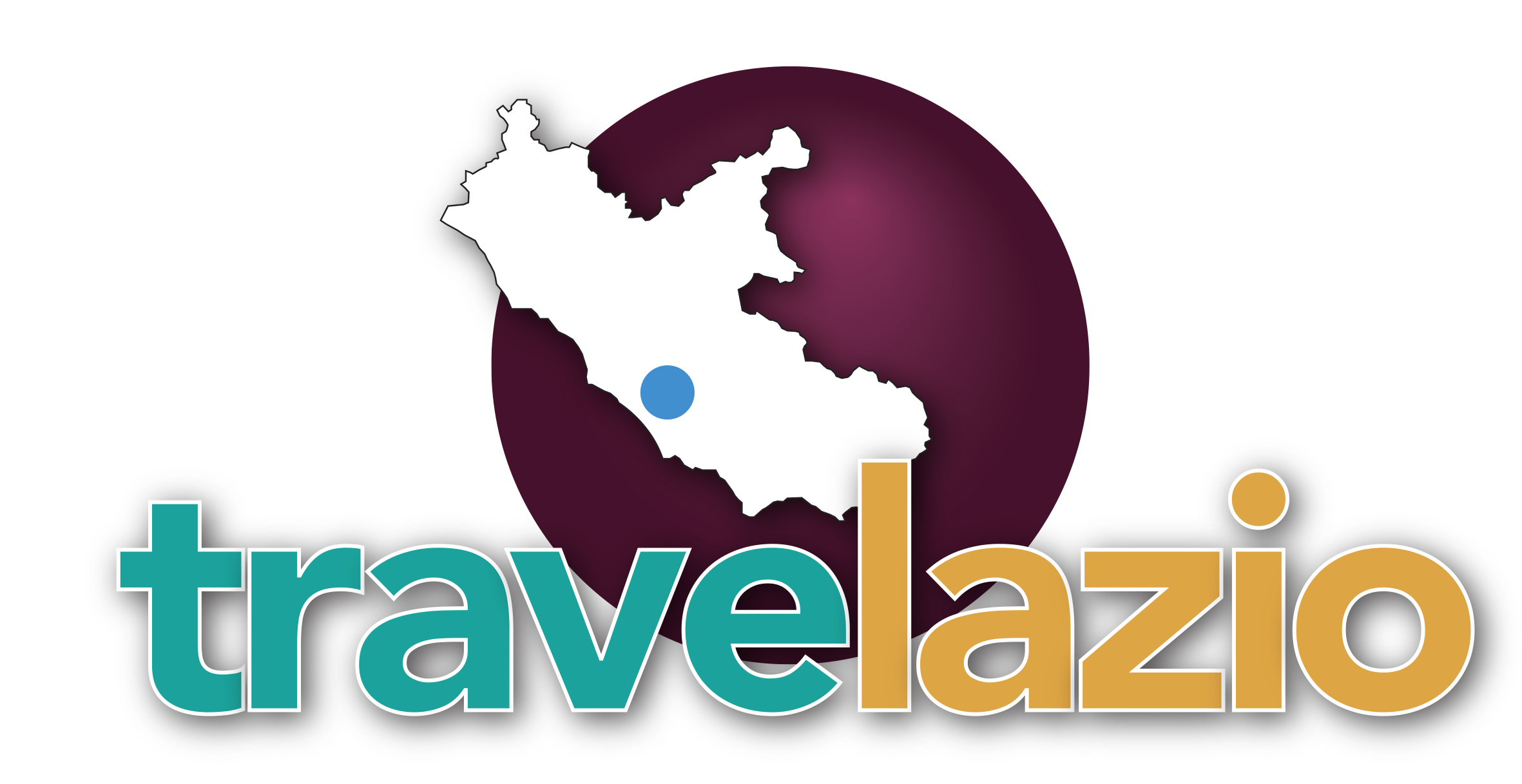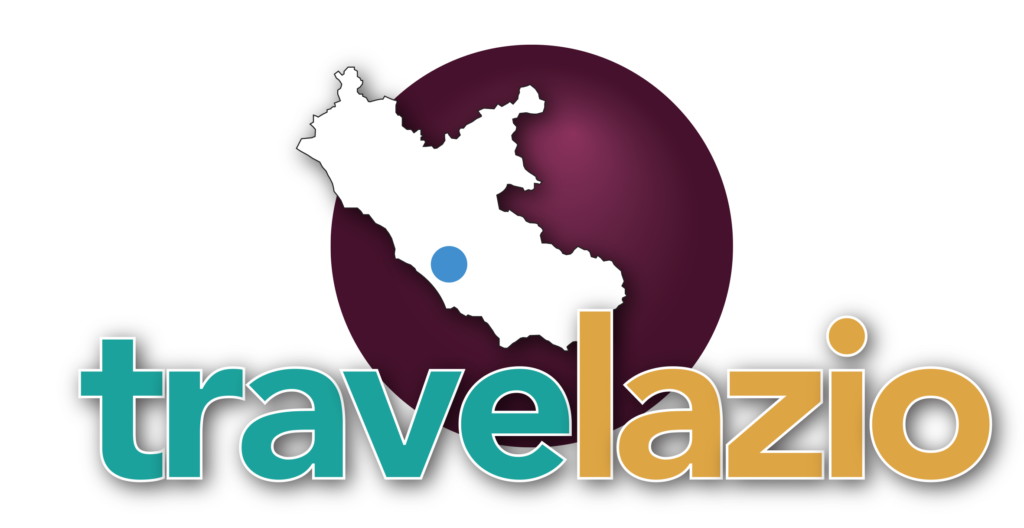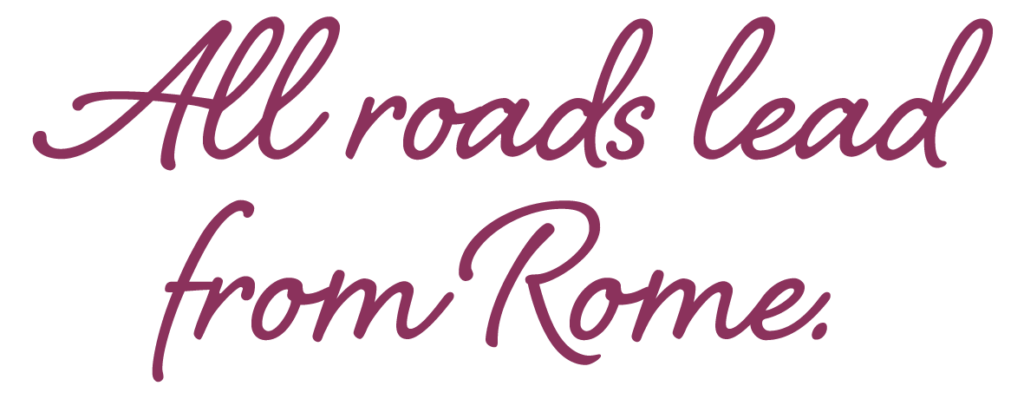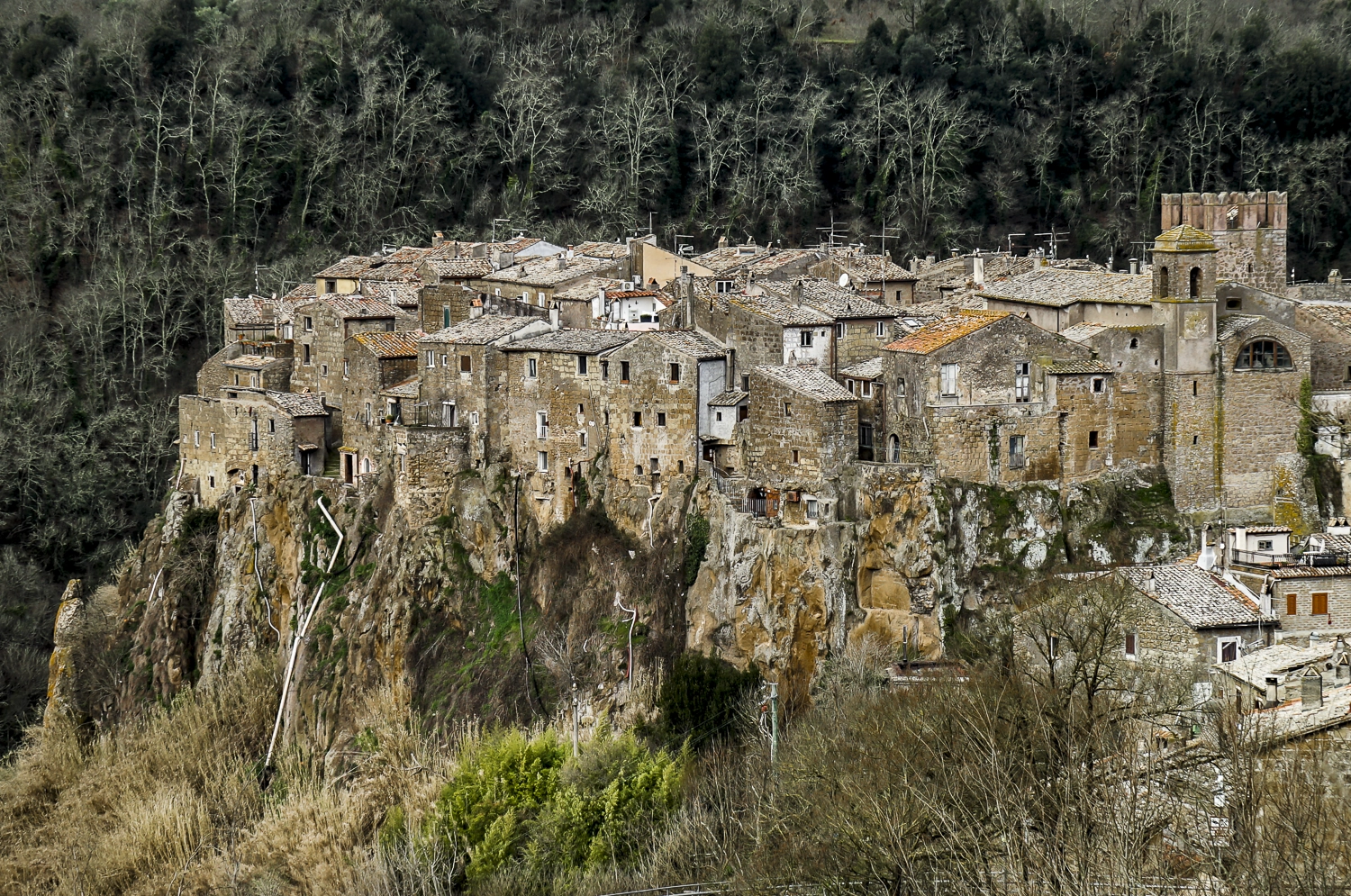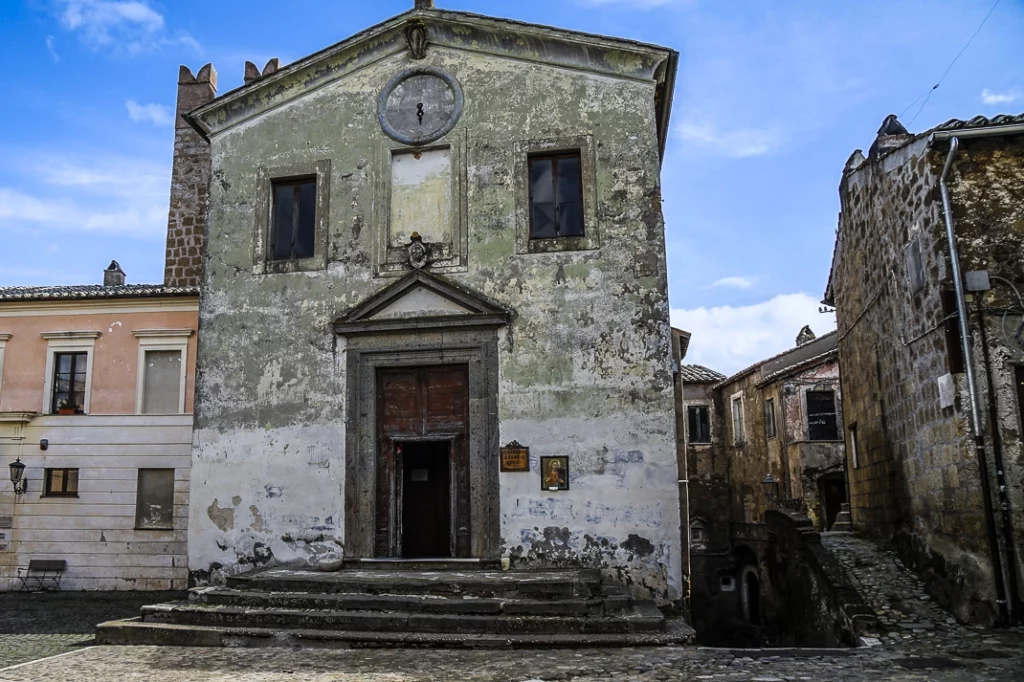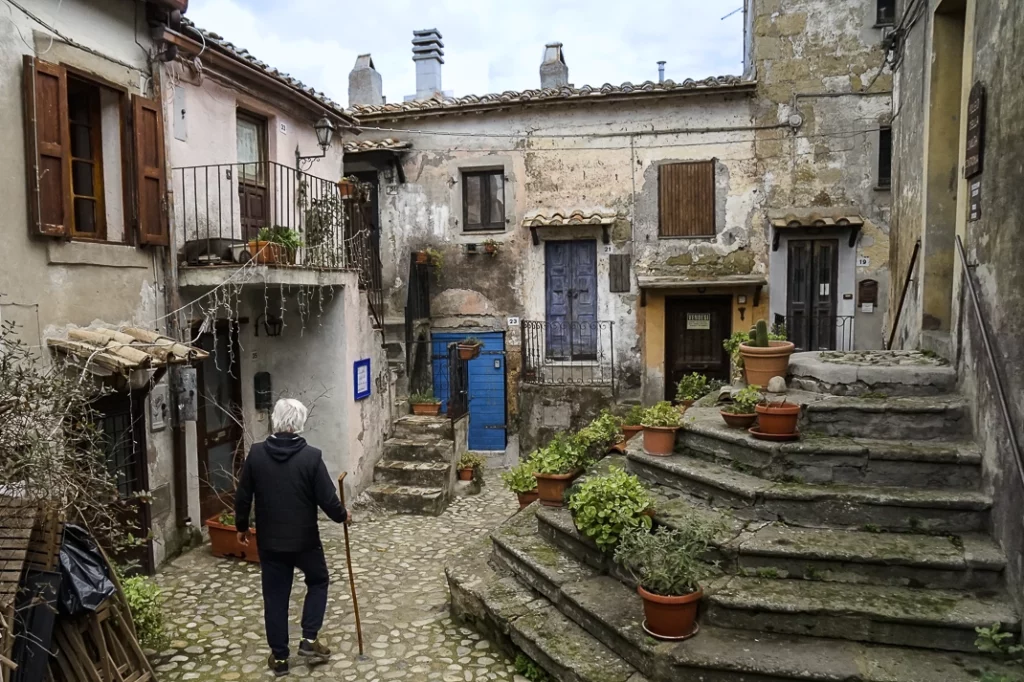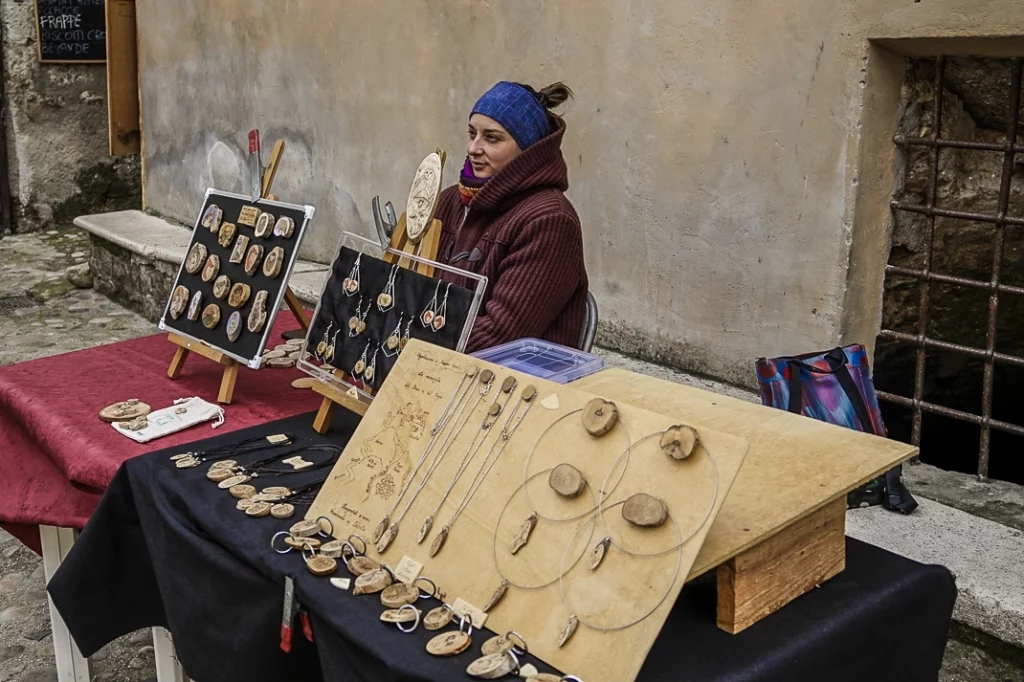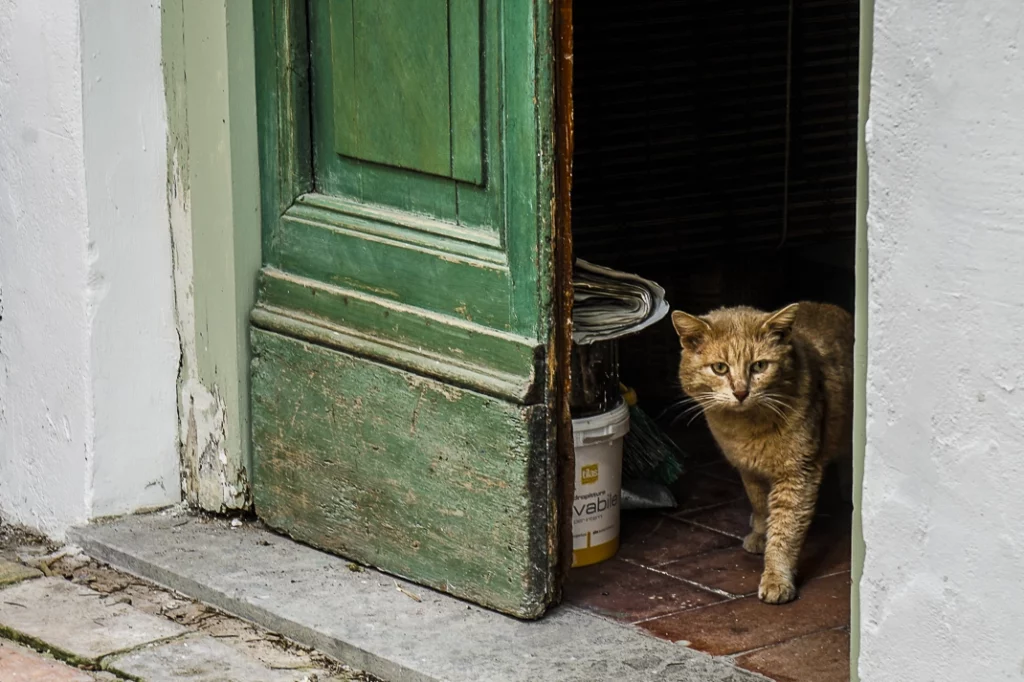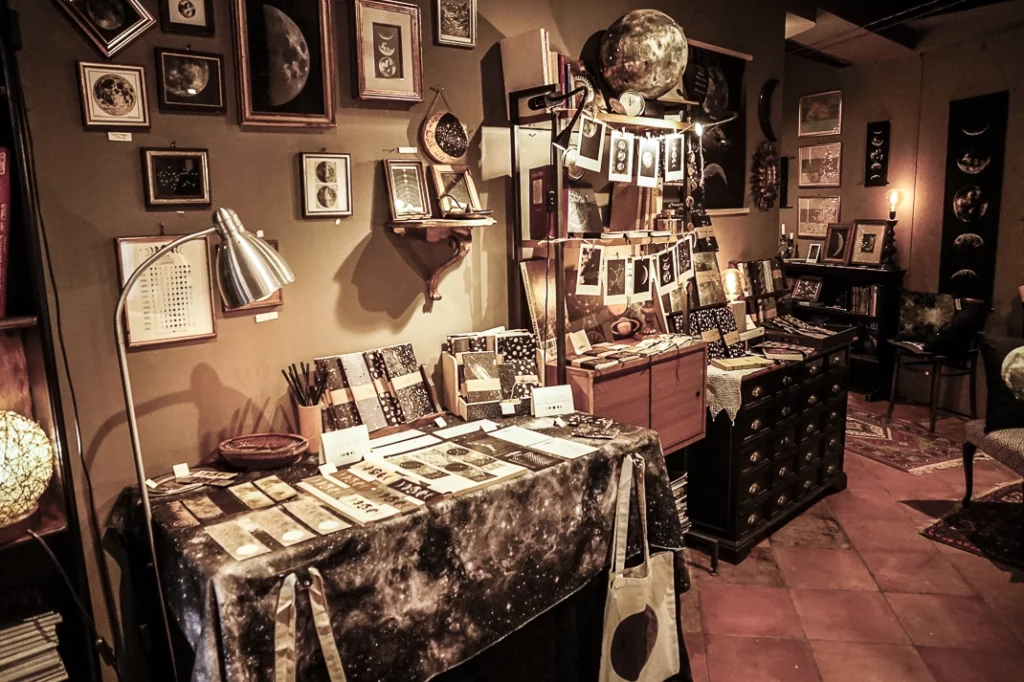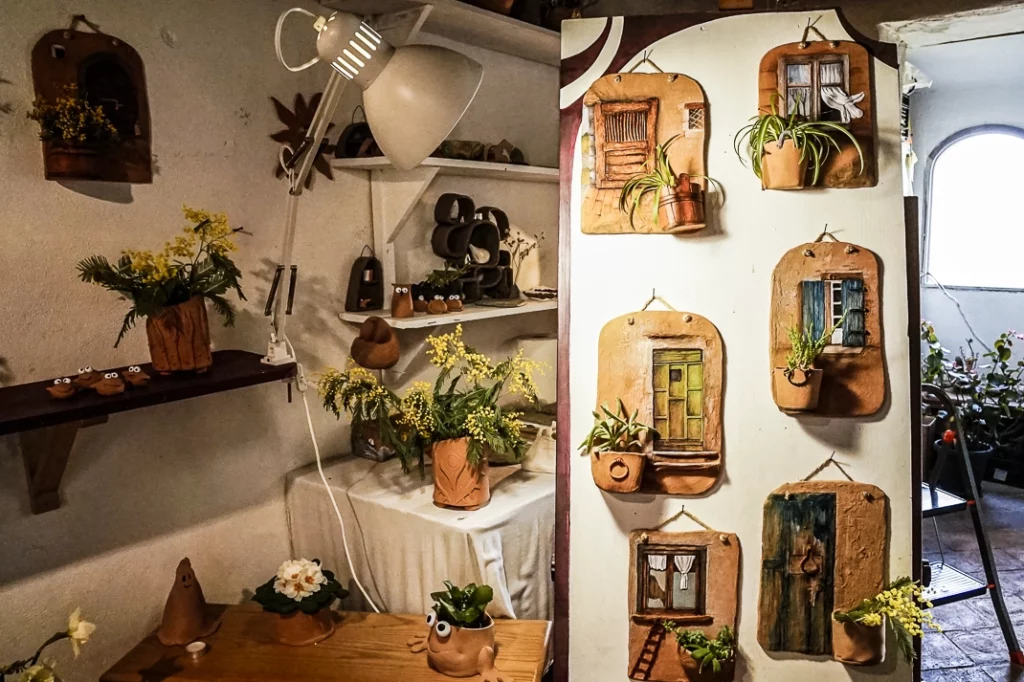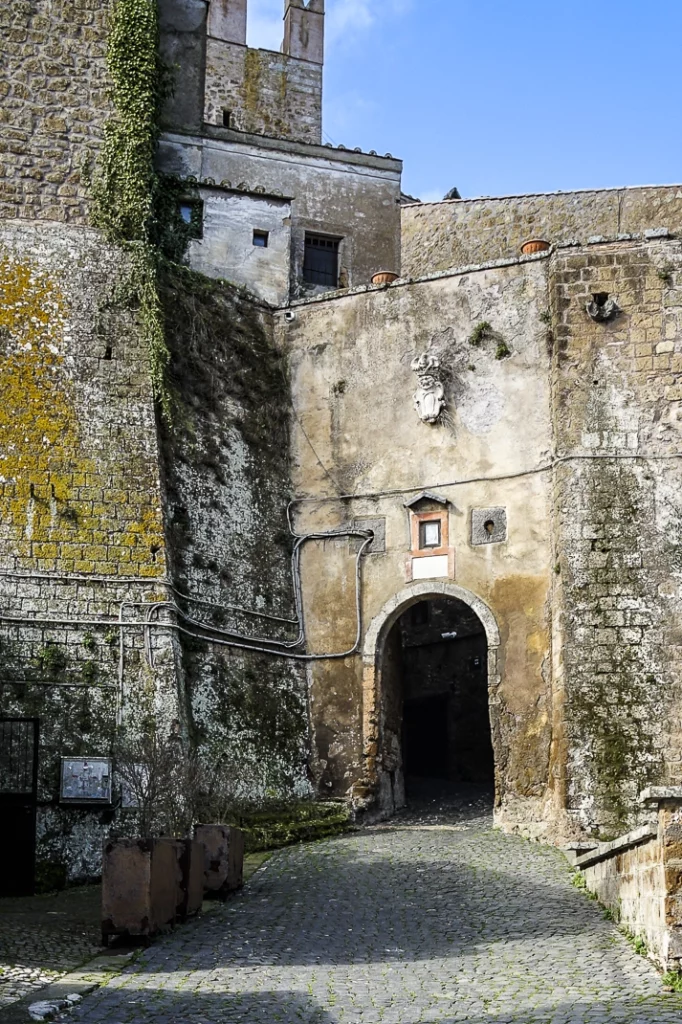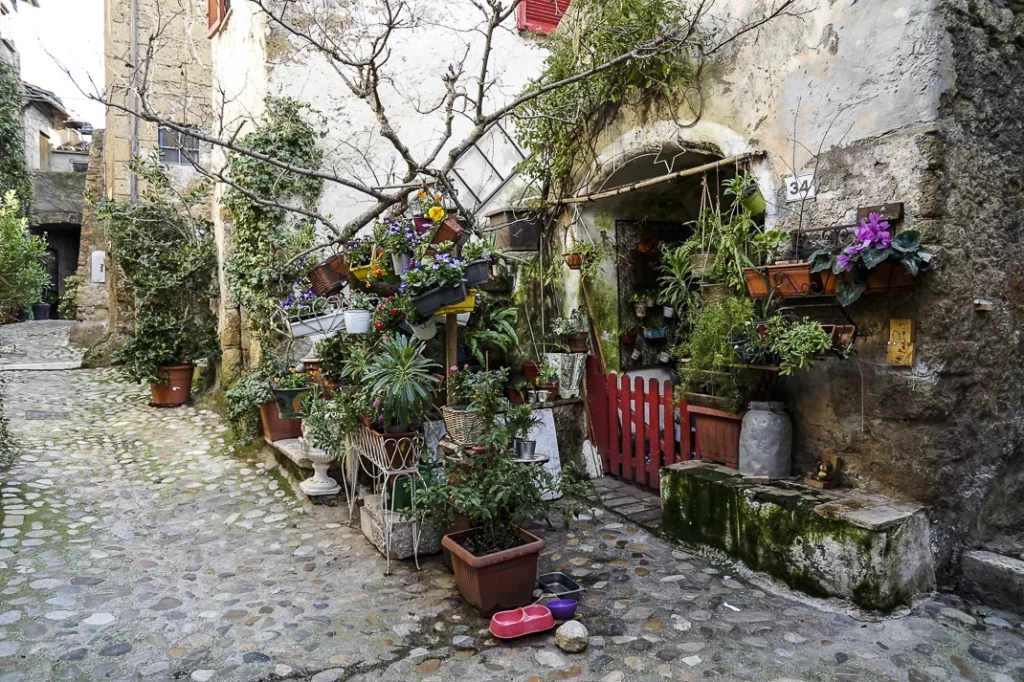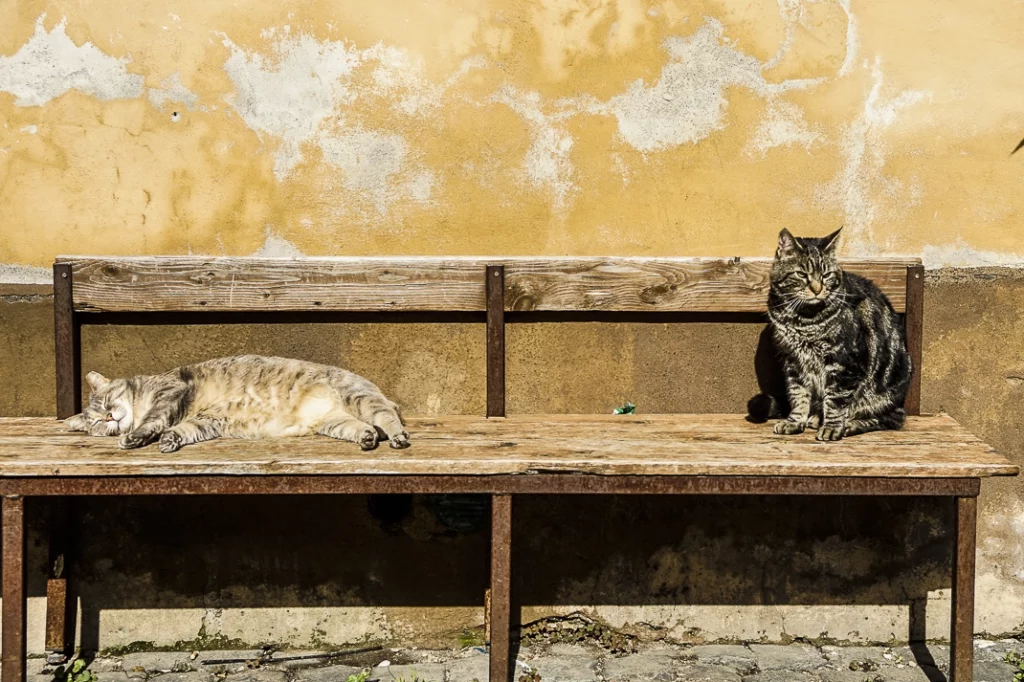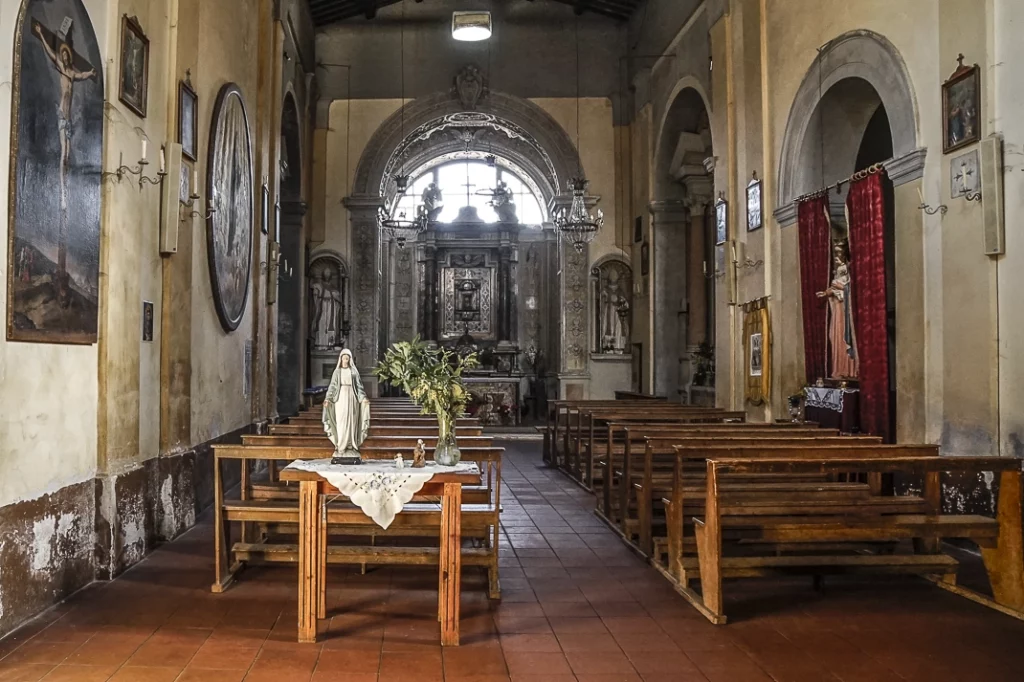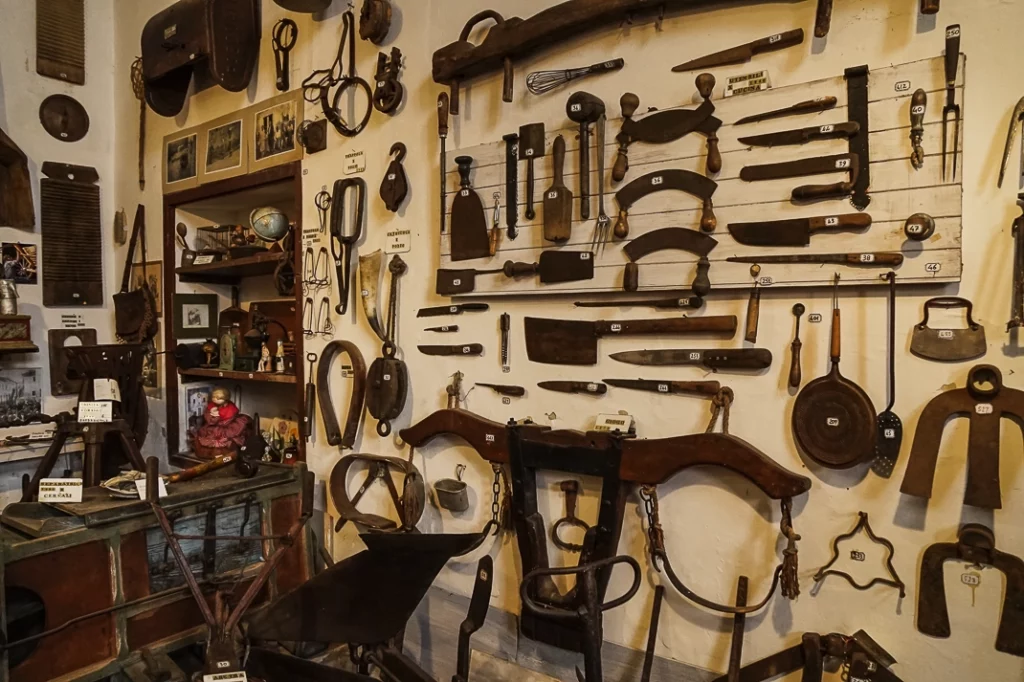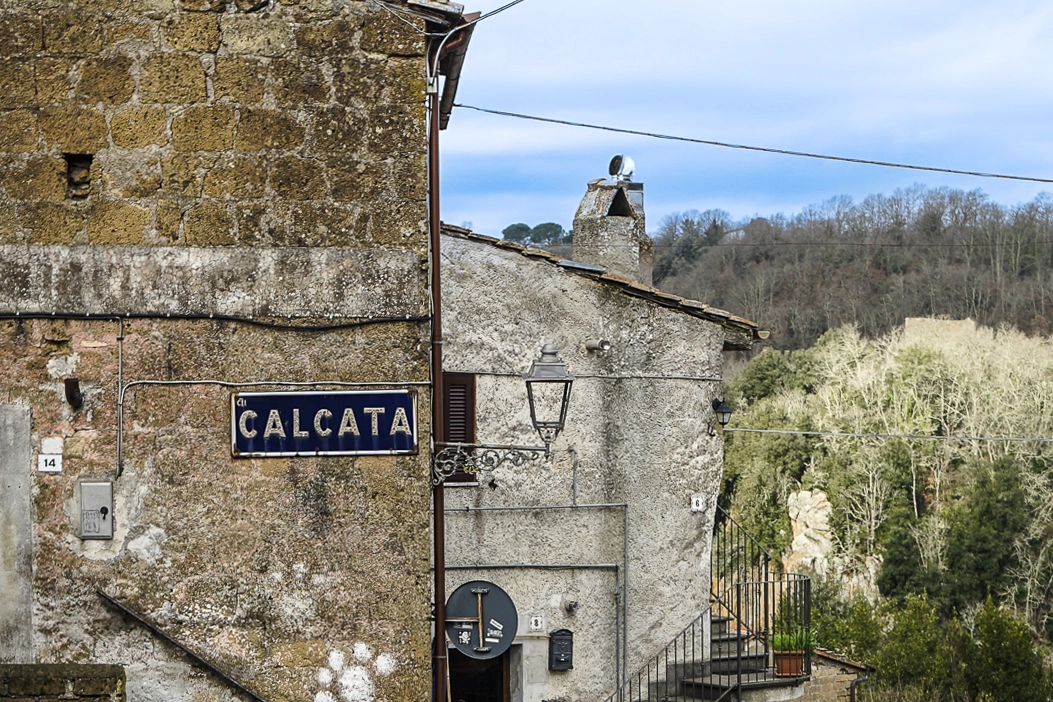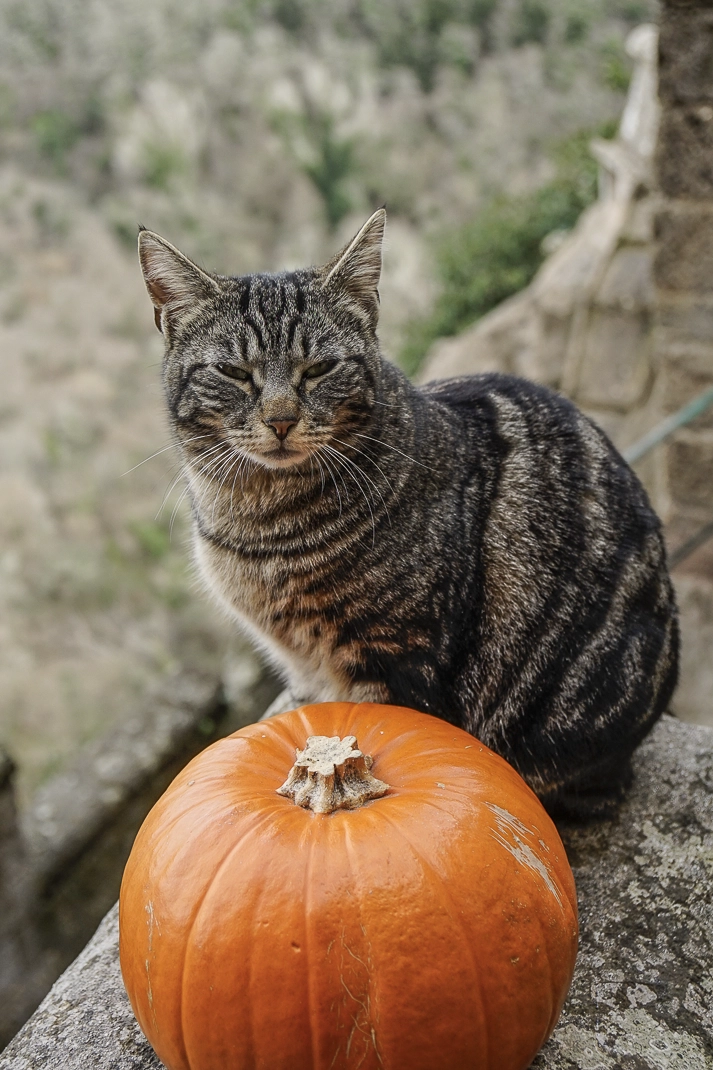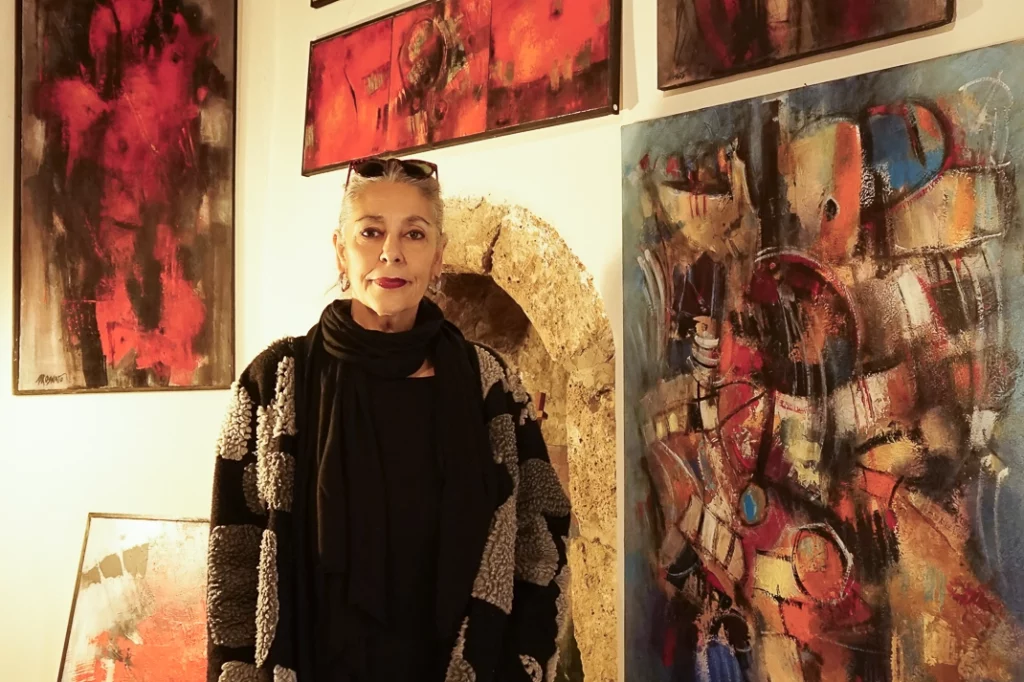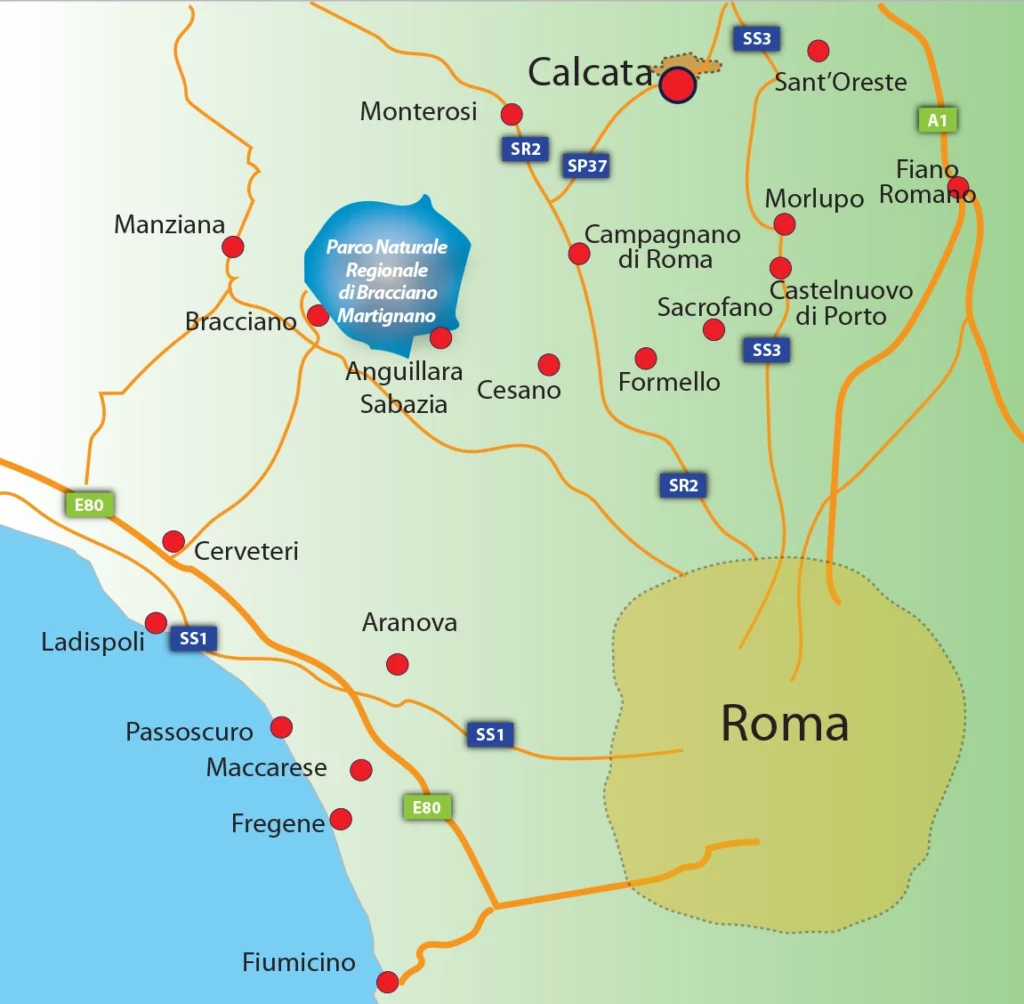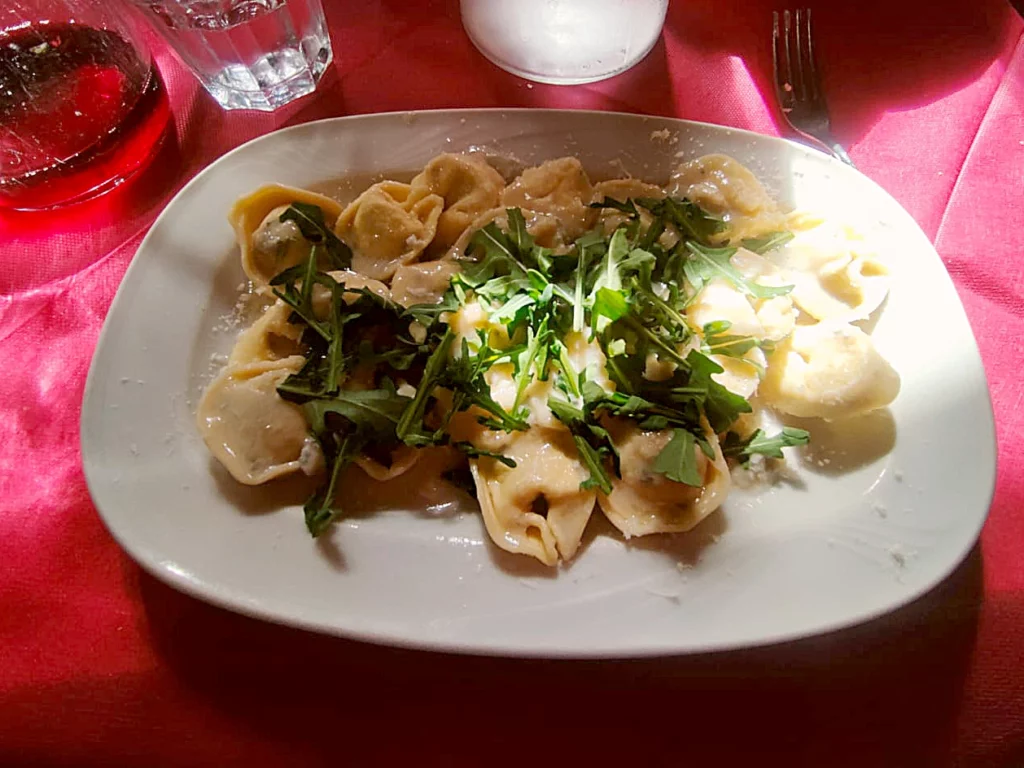Calcata: An art colony high in the sky
In a country of hill towns, where villages teetering on cliffs speckle the Italian landscape, Calcata stands highest of them all. Maybe its 150-meter base isn’t the tallest in Italy, but the beauty of the village itself gives it a mystical quality.
It’s a mishmash of stone houses seemingly hanging in air like it’s populated by fairies. Who populates it are artists, free-thinking adventurers who saved the town from ruin.
Founded 3,000 years ago on a precipice that defended it from enemies, it fell into such disarray in the 20th century that Benito Mussolini condemned it. By the 1960s, it was abandoned. It was merely an ornament for the surrounding valley which was used as sets for numerous Spaghetti Westerns.
But in the ‘70s, artists and hippies squatted in the abandoned houses and convinced authorities to allow for reconstruction. Today it has a population of 70. Seemingly 69 are artists. Sunday was my fifth trip. It won’t be my last.
Things to do
1 • Old Town. This is a misnomer. The whole town is an Old Town. Old houses draped with shrubbery sit on narrow cobblestone alleys. Cross through the arched gate into the main piazza. See the Chiesa del Santissimo Nome il Gesù next to the Anguillara Castle that’s under renovation. Choose any alley and pass art shops selling handmade goods you can’t find anywhere else. Keep walking and in seconds you’re at the edge of town – high on the edge – for great views of the tree-covered Treja Valley with the Treja River meandering through.
Don’t get scratched by the cactus with odd purple buds. Calcata is best during a winter or fall morning when its engulfed in fog. Then once burned off, take an outside table at a little bar like Alkimie and drink a Lazio wine.
Calcata has no hotels but does have rooms to rent. Inquire online.
2 • Chiesa del Santissimo Nome di Gesù. The Church of the Most Holy Name of Jesus was built in the 14th century with a major restoration in 1793.
Anchoring the main piazza, inside it features a 16th century holy water basin and frescoes depicting the life of Jesus behind the altar. Religion has an eerie place in Calcata.
Legend has it that it once housed an altar for the ancient Faliscans, a tribe who were allies of the Etruscans who predated the Romans. On this altar they allegedly performed mysterious rites. Also, many believe Calcata once housed Jesus’ foreskin after he was circumcised eight days after his birth.
The story goes that Emperor Charlemagne received the gift from an angel and hid it in Rome. After Rome fell in 1527, the casket containing the foreskin was stolen by orders of Emperor Charles V who said on his deathbed he hid it in a cave in Calcata.
Thirty years later, the casket was found and when it was opened, they only found a heavenly smell. Nevertheless, the town celebrated it for 400 years on Jan.1. It was called SS Circumcision.
3 • Museo della Civilta’ Contadina. The Museum of Peasant Civilization is a free museum with tools and artifacts used by peasants who worked the land over the years.
Opened as a church in 1600, it became a museum in 1978. Besides the scythes, saws and cow yokes, among the items is a barber chair that doubles as a dentist chair.
It’s complete with wrist straps to prevent patients from jumping out of the chair.
Also there’s a war-time buggy from 1939 in which a secret compartment under the baby could hold food for the occupied locals. There’s a wooden basin with a hole on top that served as a toilet.
The door and floor are original.
Info: Via della Pieta, 5. Just come by. The curator is usually around and he’ll open it.
The perfect canvas for artists
Italy has 75 percent of the world’s art. No town may have more art per square meter than Calcata.
Artists have been flocking to Calcata to set up shop for half a century. The art is funky and fun. Today you’ll find shops specializing in moons and cats. One shop had little planters that are replicas of Calcata’s doors.
Of course, there are landscapes and portraits. In the piazza people sold hand-made jewelry and incense. Omar Roveri, who works in the Moon Lab store selling moon art, has lived in Calcata 25 years.
Asked what he likes about it, he said, “Everything. No chaos. No pollution. You can find time to stay with yourself.” Running out of wall space in my Rome apartment, I declined a planter.
I stopped by Atelier Moni and opted for a bookmark with a black and white drawing of a black and a white cat staring at cityscape.
Where to eat:
I Tre Monti Da Adolfino, Piazza Roma 1, 39-07-61-587-998, noon-11 p.m. Located just outside the main gate, this place is so local it doesn’t even have a menu.
The owner just comes over and tells you what he has. How’s your Italian? Don’t worry. There are young waitresses who speak English.
It’s great local fare at low prices. Don’t miss the mixed bruschetta plate. I had the strozzapreti con broccoli e salsiccia (short, curly pasta with broccoli and sausage).
Marina’s tortellini con gorgonzola e rughetta (small round pasta with biting cheese and arugula) was heavenly. An antipasto, two dishes and a half bottle of wine was €30
For more information:
Calcata Tourist & Travel Information:
